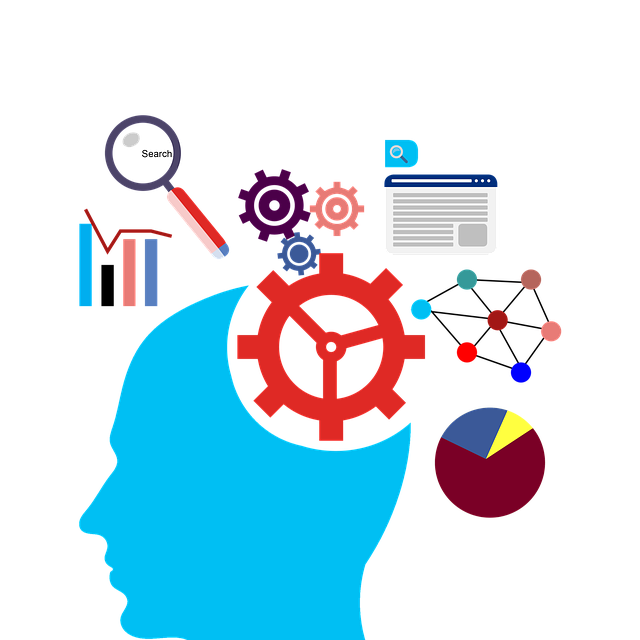AI coaching is transforming truck repair shops by leveraging advanced algorithms and machine learning to optimize operations and increase profitability. These systems analyze data from historical records, parts inventory, and technician performance to offer tailored recommendations, such as optimized scheduling and predictive equipment failures. AI-driven training methods personalize skill development, improving overall performance and reducing repair times. Strategic integration of AI coaching tools has led to enhanced efficiency, reduced costs, and improved customer satisfaction, ultimately boosting truck repair shop profitability through data-driven insights.
In today’s digital era, AI coaching is transforming traditional truck repair operations. Understanding and leveraging AI can significantly optimize processes, enhance training, and ultimately boost profitability. This article delves into the critical role of AI coaching in the truck repair industry, exploring strategies for effective implementation and showcasing successful case studies. By embracing AI, repair shops can navigate a competitive landscape, foster efficiency, and drive exceptional service delivery.
- Understanding AI Coaching: Its Role in Optimizing Truck Repair Operations
- Strategies for Implementing AI to Enhance Training and Profitability
- Case Studies: Successful AI Integration for Truck Repair Shops
Understanding AI Coaching: Its Role in Optimizing Truck Repair Operations

AI Coaching, or Artificial Intelligence-driven coaching, is transforming the landscape of industrial maintenance, particularly in truck repair shops. By leveraging advanced algorithms and machine learning techniques, AI coaches offer a game-changing approach to optimize operations and boost profitability. These intelligent systems analyze vast amounts of data from various sources within the shop floor, including historical repair records, parts inventory levels, and technician performance metrics.
By understanding these patterns, AI can provide tailored recommendations for improving efficiency. For instance, it might suggest optimal scheduling for technicians based on their skill sets and workload demands, reducing wait times and increasing productivity. Moreover, AI coaches can anticipate maintenance needs by predicting potential failures through predictive analytics, enabling proactive repairs and minimizing costly breakdowns. This proactive approach not only enhances overall fleet reliability but also contributes significantly to the bottom line of truck repair shops.
Strategies for Implementing AI to Enhance Training and Profitability

Implementing AI coaching strategies can significantly boost the profitability of truck repair shops by revolutionizing training methods and streamlining operations. By leveraging machine learning algorithms, shops can create personalized training programs tailored to individual technician skills and learning styles. This adaptive approach ensures that each mechanic receives targeted instruction, leading to faster skill acquisition and improved overall performance.
AI-driven systems can also analyze vast amounts of data from past repairs, identifying patterns and inefficiencies. This analytical capability enables coaches to design more effective training modules, focusing on areas where the team struggles most. Consequently, AI coaching fosters a continuous learning environment, enhances productivity, and ultimately contributes to increased profitability through reduced repair times and improved quality standards.
Case Studies: Successful AI Integration for Truck Repair Shops

Many truck repair shops have already witnessed significant improvements in their operations through the strategic integration of AI coaching tools, leading to enhanced efficiency and increased profitability. Case studies reveal that AI can revolutionize the way these businesses function by optimizing scheduling, predictive maintenance, and inventory management processes.
For instance, a prominent U.S.-based fleet management company implemented an AI-powered coaching system to monitor vehicle diagnostics in real-time. This enabled them to predict potential breakdowns, reducing downtime and significantly cutting costs. Similarly, a European repair shop chain leveraged AI algorithms to analyze historical service data, leading to more accurate diagnosis and personalized recommendations for customers, boosting customer satisfaction and repeat business.
AI coaching has emerged as a powerful tool for truck repair shops to boost profitability. By implementing strategic AI solutions, shops can optimize training programs, streamline operations, and enhance overall efficiency. The case studies presented demonstrate that embracing AI in the form of intelligent coaching systems can lead to significant improvements in service quality and bottom line results. As the digital landscape evolves, these advanced strategies will continue to shape the future of the industry, ensuring truck repair shops stay competitive and profitable.
